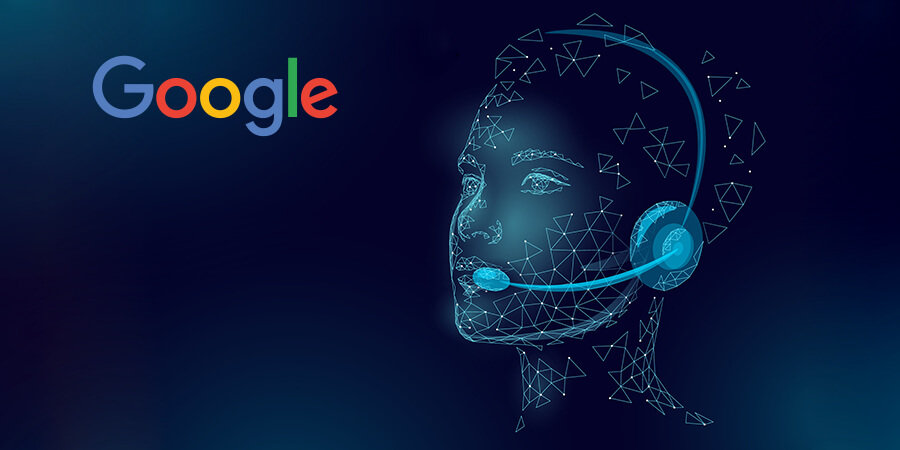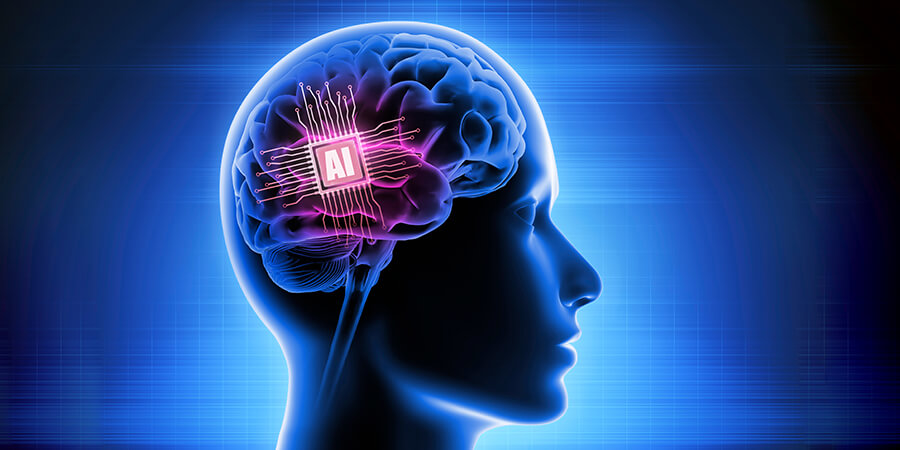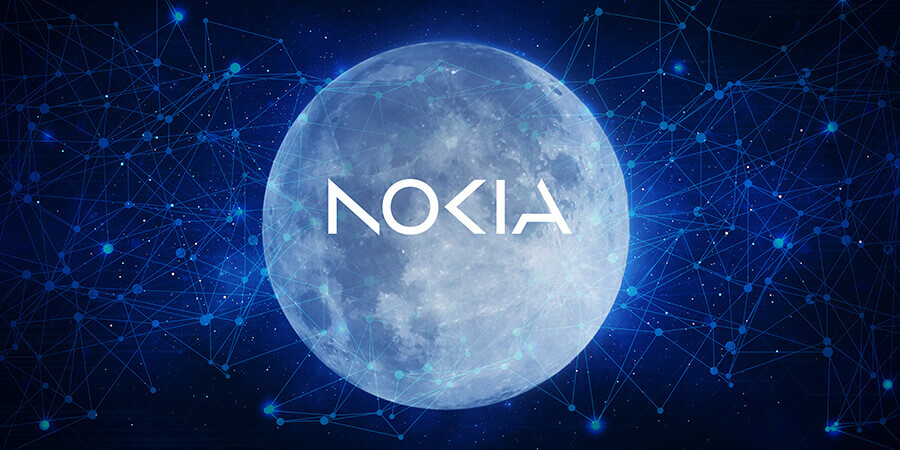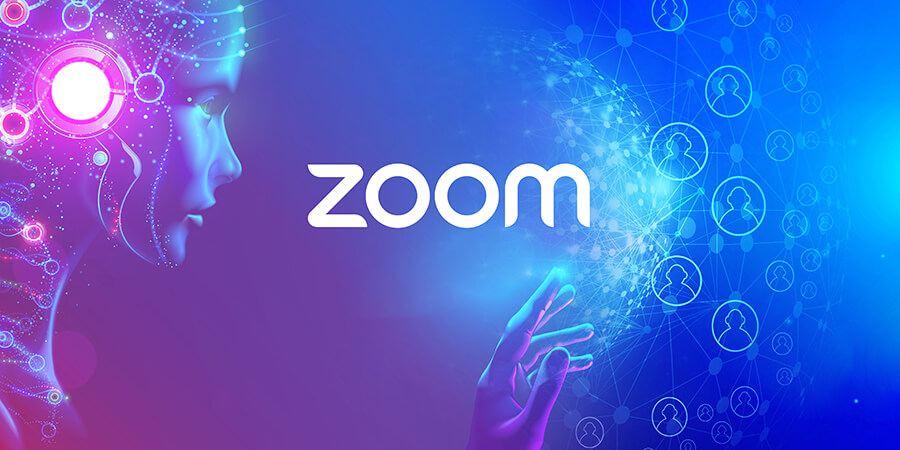Google has announced the rollout of its Duet AI assistant across all of its Workspace apps, including Gmail, Drive, Slides and Docs. Duet, introduced at Google's I/O developer conference, offers features such as turning outlines into presentations, generating charts, writing email responses, and finding files in Drive. It also includes app-specific features like AI-based lighting and sound adjustments in Google Meet and automatic thread summaries in Chat.
Technology Pick
Check the Cybersecurity Label: Know Which Device Is Safe for You
Approximately 40% of households around the globe possess a smart device, which could be susceptible to cyberattacks. In the near future, these newly acquired smart gadgets will have a cybersecurity label to help buyers assess which product to buy.
Canada Powers Up: Multi-Billion Dollar Investments Surge in Battery Manufacturing
With the rapid acceleration of the global energy transition, an unprecedented opportunity presents itself in the electric vehicle (EV) supply chain. The government of Canada has its sights set on its domestic battery ecosystem and is successfully luring top-tier companies to make substantial investments.
Fusing Human Brain Cells with Chips for Advanced AI
In a groundbreaking scientific initiative, researchers are exploring the convergence of human brain cells with computer chips, aiming to transform the landscape of artificial intelligence (AI).
UNESCO Recommends Smartphone Prohibition in Classrooms
Citing evidence of a connection between excessive mobile phone usage and diminished educational outcomes, UNESCO highlighted the negative impact of prolonged screen time on children's emotional well-being.
Fires Beware: Cutting-Edge AI Unleashes Wildfire Detection Innovation
A new and innovative artificial intelligence (AI) technology is transforming wildfire detection. Using advanced algorithms to analyze satellite imagery, this system swiftly identifies wildfires, surpassing traditional methods that relied on human surveillance and reporting.
Nokia Aims for Connectivity on the Moon
Nokia Bell Labs is deploying the first cellular network on the Moon to demonstrate that cellular technologies can provide the critical communications needs for future lunar or Martian missions.
AI's Gaze Into Cardiovascular Health
With the power of Google's AI, cutting-edge eye scans can now offer a promising alternative in the prediction of cardiovascular events. A South Korean study has additionally explored AI for coronary angiography, leading to automated and real-time insights and advanced cardiovascular care.
Zoom's Updated Terms Are Empowering AI With Customer Data Training
Zoom has updated its terms of service to include the ability to use customer data for training and tuning its artificial intelligence (AI) models. The updated terms, effective July 27, grant Zoom the right to utilize certain aspects of customer data, such as product usage information, telemetry and diagnostic data, for AI purposes. While this type of data usage is not uncommon, it signifies a strategic move towards Zoom's own AI ambitions. Notably, customer content like messages, files and documents does not appear to be included in this category, and Zoom clarified that AI models are not trained using audio, video or chat content without customer consent.
Introducing Belle, the AI Robot Spy Fish
The AI robot Belle has been designed by Swiss researchers to help them collect valuable underwater photos with high resolution and provide data in the fastest way possible, just by diving in the ocean.















